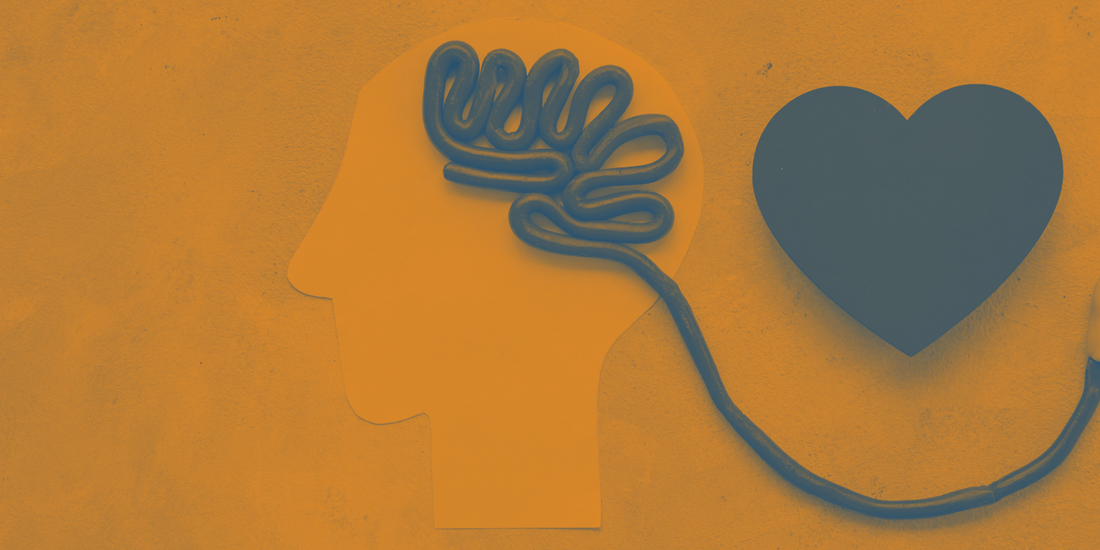
The Psychology Behind Gift-Giving: Why We Give
Share
Gift-giving is a universal part of human interaction, affecting both the giver and the receiver. Understanding the psychology behind why we give can deepen our appreciation of this practice and help us choose more meaningful gifts. Here’s a look into the emotional and social reasons behind gift-giving.
1. Expressing Emotions
Gift-giving often serves as a conduit for expressing emotions. Whether it’s love, appreciation, or even apology, a gift can communicate feelings that words alone may not fully capture. This expression reinforces bonds and strengthens relationships.
2. Social Bonding
From a social perspective, gifts are tools for building and maintaining connections with others. They play a critical role in defining relationships and enhancing social cohesion. By giving a gift, you acknowledge the recipient’s importance in your life, fostering a sense of connection and belonging.
3. Reciprocity and Exchange
The principle of reciprocity plays a central role in the psychology of gift-giving. Giving a gift encourages a cycle of exchange that helps to stabilize social relationships. The act can trigger feelings of gratitude and indebtedness, ensuring ongoing social interactions.
4. Personal Satisfaction and Altruism
Giving makes us feel good. The act of choosing and giving a gift can be inherently rewarding. This is partly due to the ‘helper’s high’—a state of euphoria linked to acts of altruism. Contributing to someone else’s happiness boosts our own mood and self-esteem.
5. Cultural and Traditional Importance
In many cultures, gift-giving is steeped in tradition and plays a significant role in cultural rituals and ceremonies. Gifts can mark important milestones, celebrate cultural heritage, and honor traditions, enhancing communal bonds and cultural identity.
6. Status and Self-Presentation
Gifts are also used as a means of social signaling—showing off one’s wealth, taste, or generosity. This aspect of gift-giving can influence social status and personal identity within a community, reinforcing one’s social standing and influence.
7. Psychological Ownership and Control
When we give someone a gift, particularly something we’ve chosen carefully or made ourselves, we extend our sense of self to include that item. This extension can deepen personal connections to others, as part of our self-concept is transferred with the gift.
Understanding these psychological underpinnings can make us more thoughtful givers and gracious receivers. Recognizing the motivations behind gift-giving enriches the experience, making it more than just an exchange of items—it becomes a meaningful interaction that nurtures our relationships and well-being.
